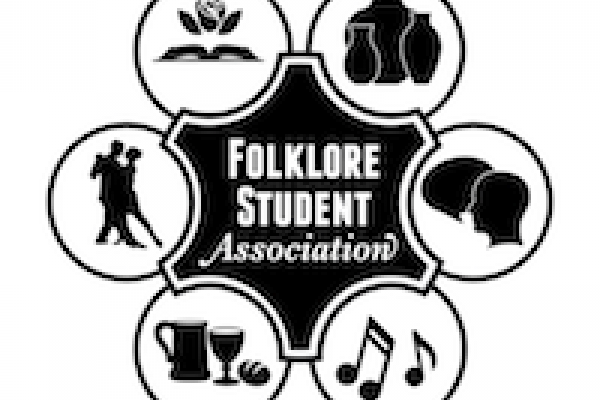
Abstract
Dr. Chávez’s presentation takes us to the small town of Xichú, high in the mountains of Guanajuato, Mexico—a place that seems particularly far from the US-Mexico border—where the everyday movements of people, stories, and place (entangled with the brutal materialities of a US-Mexico political economy that labors to produce an exploitable Mexican “Other”) join in intense and immaterial ways during a festival held each year that brings many from near and far to witness a 12-hour musical performance called a topada. This improvisational, musical, danced social experience bridges the vastness of geographic distance by way of social intimacies woven through affect. Drawing on Deleuzian-inspired theories to explore the embodied materiality and immateriality of performance in everyday migrant life, Chávez describes how these modes of attunement fold together to produce cultural adjacencies, or counter-geographies, where social space supersedes physical space, where performance collapses temporal and spatial distance, where aesthetic negotiations deeply shape transnational personhood in a way that not only disrupts higher-order social indexicalities that criminalize Mexican migrant bodies, but more importantly, enact a refusal of the dehumanizing political-economic logics in which they are positioned. For in the space of Xichú, there is a real bridging that happens poetically, where intimacy—interrupted by the border—is regained, often through the sonic timbre of a voice, the residue of its singing that sticks onto a person and travels far and away across the US-Mexico border.
Alex E. Chávez is Visiting Assistant Professor in the Latin American and Latino Studies Program at the University of Illinois at Chicago. In the fall of 2014, he will join the University of Notre Dame as a new faculty hire in the Department of Anthropology and the Institute for Latino Studies.
Centered around the US-Mexico Borderlands and Latinas/os in the United States, Chávez’s research interests explore the innermost workings of transnational migration, embodiment, place-making, and everyday life as manifest in political economies of performance with particular emphasis on music and language. Combining a variety of critical approaches in cultural geography, linguistic anthropology, folklore, and critical theory, his ethnographic study of huapango arribeño music forms the basis of a his book manuscript, !Huapango!: Mexican Music, Bordered Lives, and the Sounds of Crossing, currently under consideration at Duke University Press.
His explorations of music, language, and expressive culture reveal the dissonances and meanings behind the social structures and racialized zones they emerge out of and often challenge. A specialist in these areas of study, his work also bridges scholarship and creative expression as a means to interrogate how performative utterances—linguistic, musical, gesticular—intersect with larger cultural concerns surrounding illegality, mobility, racialized personhood, and the intimacies that bind everyday life across physical and cultural borders. In this regard, he has consistently crossed the boundary between performer and ethnographer in both Mexico and the United States. As a student and practitioner of various Mexican folk musics over the past seventeen years, he has engaged in music-making alongside his interlocuters, transforming his own experiences into a unique perspective on the body politics of performance that has shaped his understanding of how people cross various types of borders.
